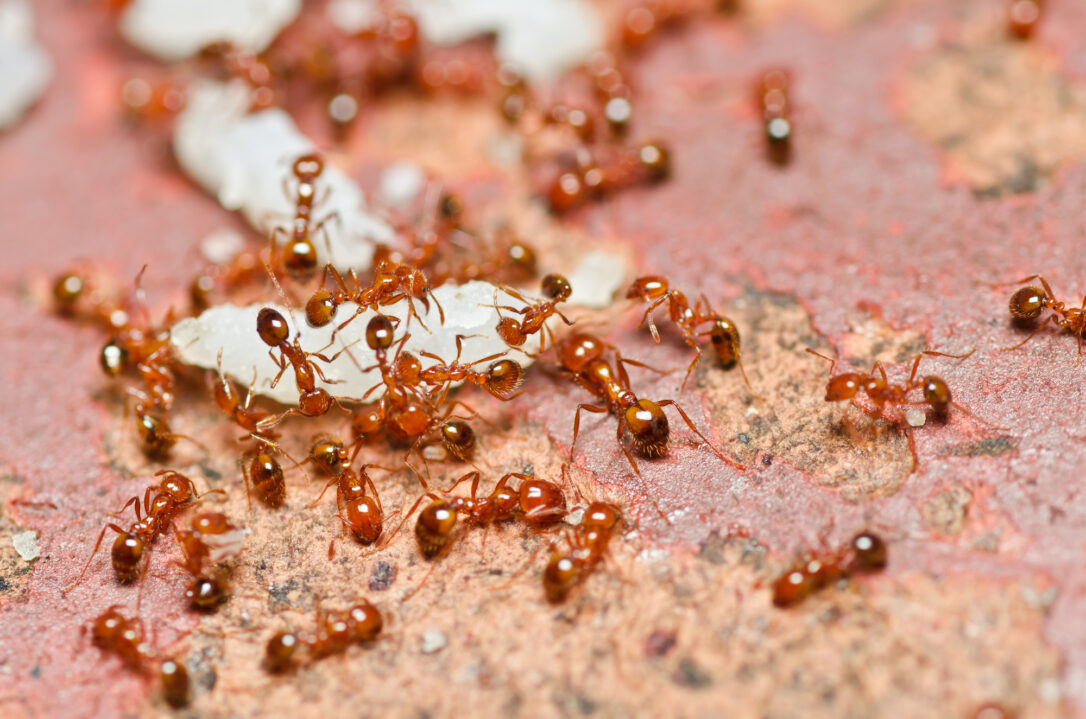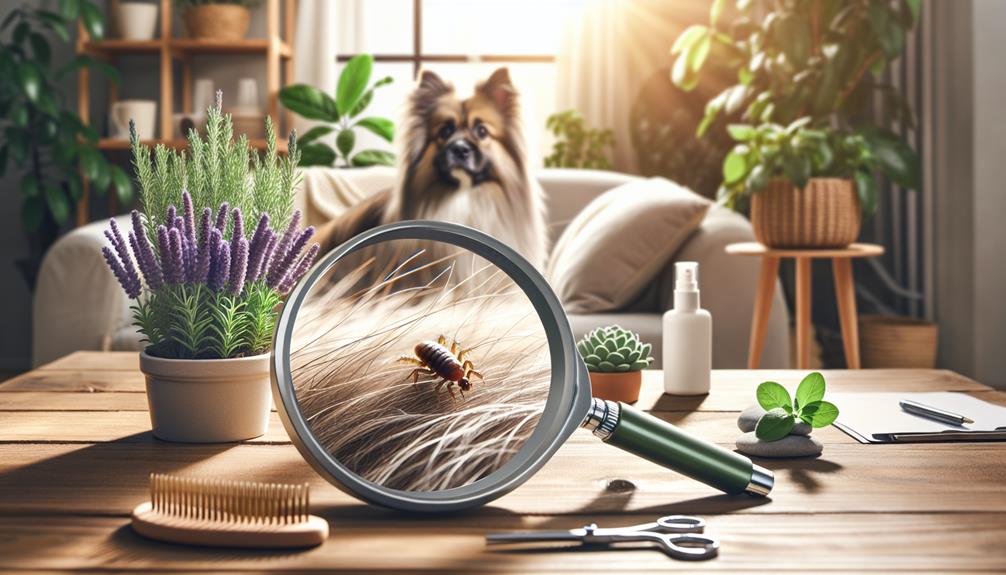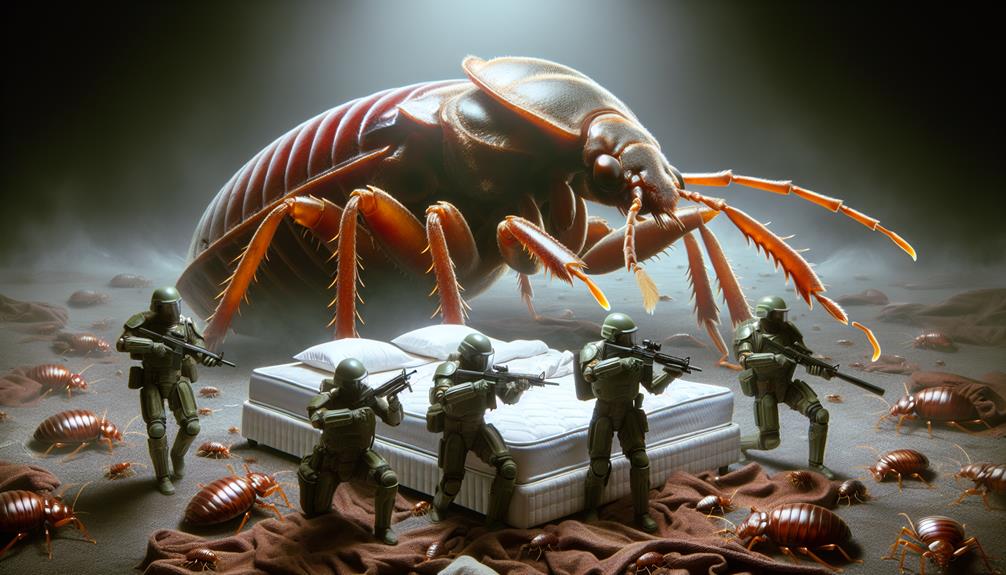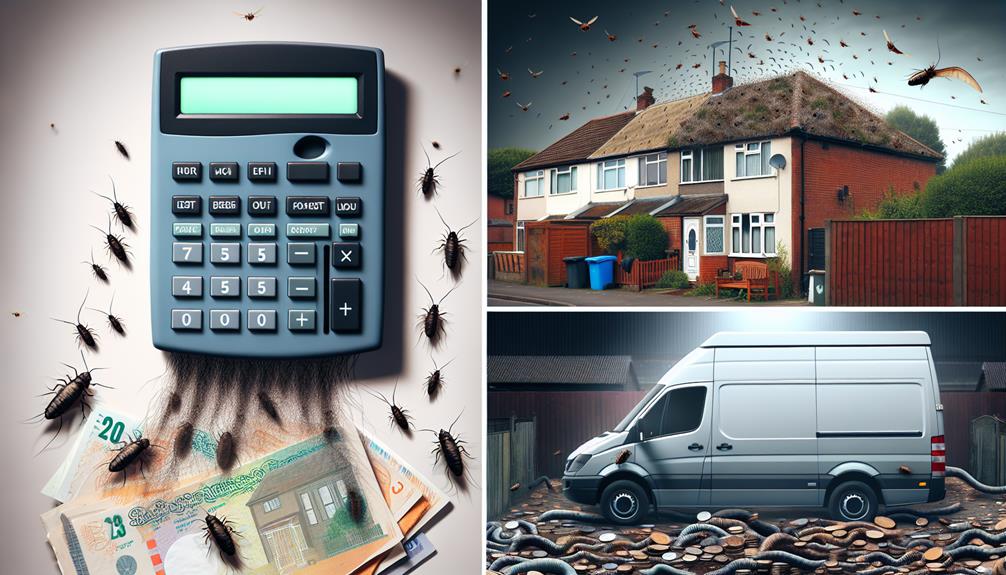Table of Contents
Ants are one of the most common pests found in homes and gardens around the world. They can be a nuisance and a major problem if not controlled properly. This article will explain the different types of ants, their behaviour and habits, why they are considered pests, and the best methods for controlling them.
Ants come in a variety of shapes and sizes and can cause major damage to homes and gardens. Some ants are capable of destroying flower beds, crops, and even the foundations of homes. They can also spread disease, contaminate food, and even sting people. Knowing the different types of ants and their behaviour is important in order to determine the best methods of control. This article will explain why ants are considered pests and will provide natural and chemical methods of controlling them.
Types of Ants
You may be surprised to learn that there are many different types of ants, each with their own unique characteristics. Fire ants, for example, are small, reddish-brown ants that are found in tropical climates. They are known for their aggressive behaviour and painful sting. Carpenter ants are much larger, and they have the ability to chew through wood. They can cause significant damage to homes and other structures if left unchecked. Odorous house ants are among the most common types of ants, and they are usually found in kitchens and bathrooms. They are attracted to sweet and greasy foods, and they can spread bacteria and contaminate food. Lastly, Pharaoh ants are tiny, yellowish-brown ants that live in warm, humid areas. These ants reproduce at a rapid rate and can be difficult to eliminate.
Ants Behaviour and Habits
These tiny creatures can wreak havoc on your home, causing frustration and stress! Ants are notorious for their social behaviour and their ability to organize large colonies in a short period of time. Ants typically form large groups that are separated into smaller colonies. Each colony has its own queen and workers, who work together to collect food, build nests, and protect the queen and her eggs.
Ants have an incredible sense of smell, which allows them to find food quickly and efficiently. They can communicate with each other using a variety of signals, such as chemical trails, vibrations, and sound. Ants can also recognize each other by their scent. This allows them to identify members of their colony, and even identify other colonies. Ants are able to recognize food sources, and will often take food back to their colony to share with the other ants. This behaviour can quickly become a nuisance if the ants are attracted to food sources inside your home.
Why Ants Are Considered Pests
As frustrating as it can be to find ants in your home, it’s important to understand why they are considered pests. Ants are considered pests because they can cause significant damage to food, clothing, furniture, and other materials in the home. They can also contaminate food and spread diseases. Additionally, they can cause serious structural damage to homes by burrowing through walls, foundations, and other parts of the house. Moreover, they can create huge colonies of ants that cause further destruction.
The presence of ants can also be a nuisance since they can be difficult to get rid of. They will often move from one area to another, making it difficult to effectively control them. Furthermore, some ant species have developed an immunity to certain pesticides, making them even harder to exterminate. Therefore, it is important to understand the behaviour of ant species in order to effectively control them.
Natural Methods of Control
You can effectively manage ants through natural control methods, such as baits, traps, and repellents, that don’t rely on harsh chemicals. Natural control methods are a great way to reduce ant populations and can offer a more responsible way to manage pests. Baits are a popular method of natural control and can be used to control the entire ant colony. The bait is placed in an area where ants are seen and the ants consume the bait, which is then spread throughout the colony, eventually killing the queen and eliminating the colony. Traps are another common natural control method and are designed to capture ants and prevent them from entering a specific area or home. Repellents are also a great natural control and work by using natural scents and oils to mask the scent trails that ants use to find food. Repellents can also help keep ants away from certain areas. Natural control methods are a great way to manage pest populations without the use of harsh chemicals.
Chemical Control of Ants
If you’re looking to get rid of ants, chemical control may be the way to go. Chemical control of ants is a popular method for eliminating ant populations. It is relatively simple, as various commercial products are available for use. These products typically contain a pesticide that is toxic to ants. If the product is used properly, it can be effective at eliminating the ants.
Chemical control can be dangerous, however. The pesticide can be harmful to humans and other animals, and it can also pollute the environment. For this reason, it is important to read the instructions on the product label carefully before using it. In addition, it is important to use the product only in areas where there are no people or animals, as the pesticide can be harmful if inhaled or ingested.
Frequently Asked Questions
How do ants communicate with one another?
Ants communicate with one another in a variety of ways, primarily through the use of pheromones. These pheromones are chemical signals released by ants and allow them to communicate with one another in a variety of ways, such as building trails, finding food, and recruiting nest mates for defence. Pheromones also allow ants to recognize other members of their colony, and can even be used to identify and recognize intruders. This type of communication is essential for the survival of ants, as it allows them to coordinate behaviour and ensure the survival of the colony.
What is the lifespan of an ant?
The lifespan of an ant varies depending on the species and environment. Some species of ants may live for only a few weeks, while others can live up to several years. Queen ants, which are responsible for the reproduction of the colony, typically have the longest life spans, sometimes up to several decades. Additionally, the worker ants, which make up the majority of the colony, have shorter life spans of about a few months.
What are the dangers of using chemical control of ants?
The use of chemical control of ants can be dangerous to both humans and the environment. The chemicals used in pest control can be hazardous to people’s health if they come into contact with them, and they can also have adverse effects on the environment, including air and water pollution. Additionally, chemical control can lead to the death of non-target species such as beneficial insects, birds, and other animals. For these reasons, it is important to use chemical control of ants responsibly and in accordance with safety practices.
How can I prevent ants from entering my home?
Preventing ants from entering your home is an important task for keeping your home and family safe and healthy. There are several steps that can be taken to keep ants away from your home. Seal any cracks or crevices in your foundation or walls, and make sure window and door screens are in good repair. Trim trees and shrubs away from your home and make sure any food is stored in sealed containers. Additionally, using boric acid, diatomaceous earth, or sticky traps can be effective in controlling ant populations.
How do ants benefit the environment?
Ants are incredibly important for their role in the environment. They help to break down dead matter, returning valuable nutrients and minerals to the soil that can be used by other organisms. They also help to aerate the soil, creating tunnels that allow oxygen and water to better penetrate the ground. Ants also control pest populations, preying on other insects, spiders and even small vertebrates. These beneficial activities help to keep the environment healthy and balanced.
Conclusion
The presence of ants in our homes can be a nuisance, but there are some natural and chemical methods of control that can help. Ants are attracted to food, moisture, and shelter, so the best way to control them is to eliminate these sources of attraction. With the right knowledge and understanding of ants, their behaviour, and why they’re considered pests, we can keep them away and enjoy the peace and quiet in our homes. Taking preventive measures and regular monitoring can go a long way in keeping ants under control.
You may also enjoy reading this article
Was This Article Helpful?
- Please provide feedback and comments to help us improve our content.
- Share your experiences and any additional tips you have for dealing with pests.
Share this Post



